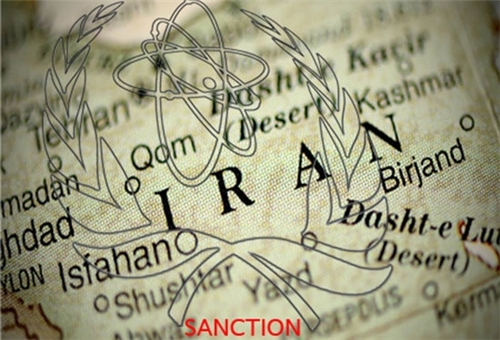 Any success in the upcoming nuclear talks between Iran and six world powers is mainly contingent upon a removal of the sanctions that have been imposed on the Islamic Republic, a political analyst says.
Any success in the upcoming nuclear talks between Iran and six world powers is mainly contingent upon a removal of the sanctions that have been imposed on the Islamic Republic, a political analyst says.
In a Friday article on Press TV, Kaveh Afrasiabi pointed to Iranian President Hassan Rouhani’s success in his attempts to “score some impressive diplomatic gains” regarding Iran’s nuclear dossier during his UN visit, and noted that optimism about such achievements depends on the next steps by the six world powers involved in nuclear talks with Iran.
“A good barometer is the ‘5+1’ (permanent members of the UN Security Council plus Germany) offer in Geneva next month and ... if it is short of relief from the major sanctions, then Rouhani’s expressed hope will be a hope against hope,” Afrasiabi wrote in the article.
He warned that if the world powers insist on “unduly complicating the issue and subjecting it to the political considerations,” such an approach will “derail the process” and bring about some results that contradict the diplomatic objectives for resolving the issue.
On September 26, following a meeting between Iran and the six powers in New York over Tehran’s nuclear energy program, US Secretary of State John Kerry said Washington could begin removing bans on Tehran within months if a “transparent process is in place” over the nuclear issue.
A day later, on September 27, Rouhani and his American counterpart held a landmark phone conversation mainly focusing on Iran’s nuclear energy program. It was the first direct communication between an Iranian and a US president since the victory of Iran’s Islamic Revolution more than three decades ago.
The United States, Israel and some of their allies have repeatedly accused Iran of pursuing non-civilian objectives in its nuclear energy program, with the US and the European Union using the unsubstantiated claim as an excuse to impose illegal sanctions against Tehran.
Iran has categorically rejected the allegation, stressing that as a committed member of the International Atomic Energy Agency (IAEA) and a signatory to the Non-Proliferation Treaty (NPT), it is entitled to develop nuclear technology for peaceful purposes.
By Press TV
The Iran Project is not responsible for the content of quoted articles.

 QR code
QR code